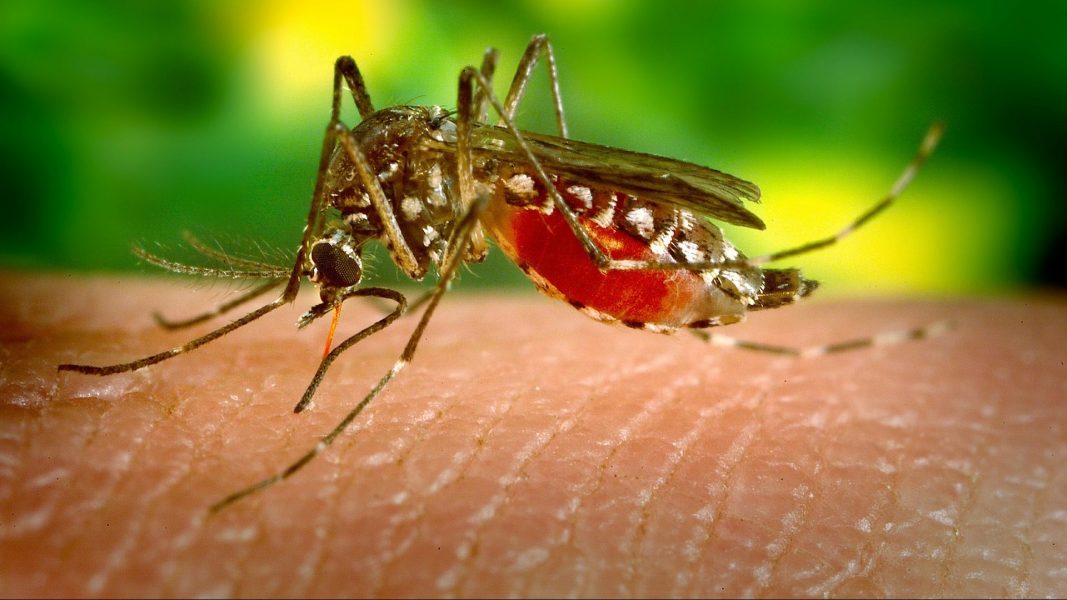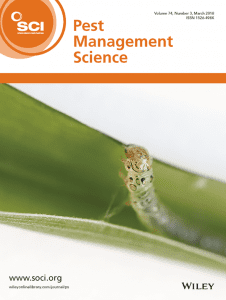Mosquitos are the primary vectors for a number of serious diseases, including dengue fever, yellow fever, chikungunya and Zika. Unfortunately, there is growing resistance to the current chemical insecticides used against mosquitos. A potential future approach is covered in research by Almeida Filho et al. which targets the serine proteases in the midgut of mosquitos, utilising protease inhibitors to block enzymes and disrupt digestion and nutrition. They found that a novel chymotrypsin-trypsin inhibitor (LsCTI) from Lonchocarpus sericeus seeds demonstrated promising insecticidal activity against Aedes aegypti. This would be beneficial, as interrupting the vector life cycle assists in a reduction of the overall mosquito population.
Read more about mosquito control in these papers from Pest Management Science:
1. Larvicidal and residual activity of imidazolium salts against Aedes aegypti (Diptera: Culicidae)
2. Alternative control of Aedes aegypti resistant to pyrethroids: lethal and sublethal effects of monoterpenes bioinsecticides
3. QSAR analysis of plant-derived compounds with larvicidal activity against Zika Aedes aegypti (Diptera: Culicidae) vector using freely available descriptors
4. First evidence of resistance to pyrethroid insecticides in Italian Aedes albopictus populations after 26 years since invasion
5. Insecticide susceptibility status of invasive Aedes albopictus across dengue endemic districts of Odisha, India


















